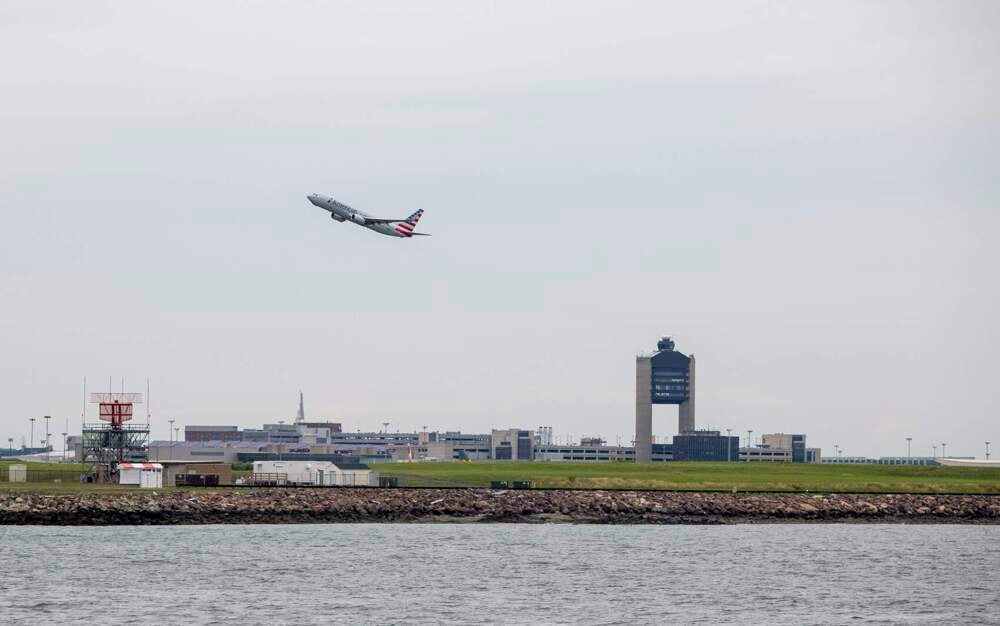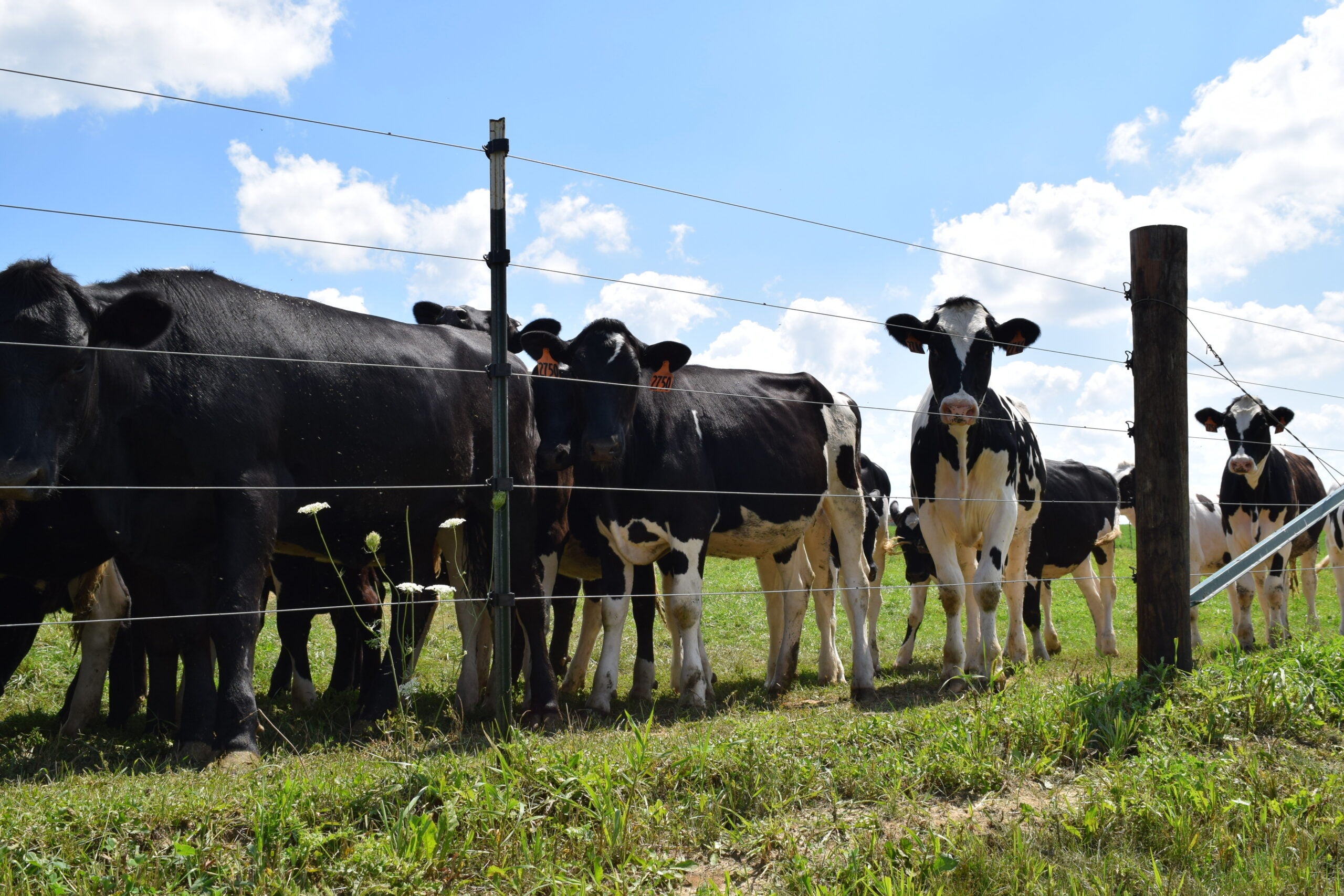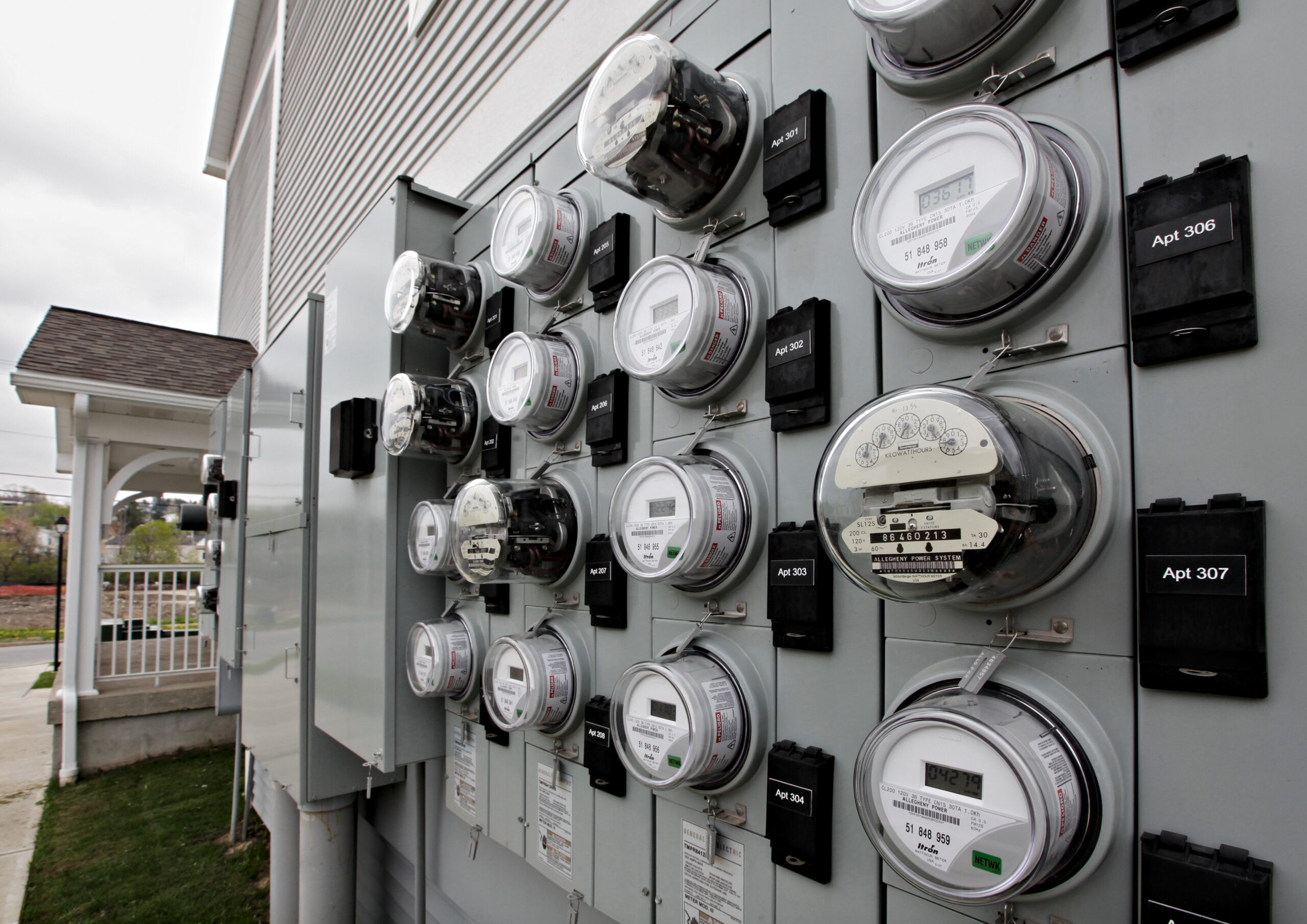Gasoline prices have been falling steadily in Wisconsin over the last month, with prices at the pump now below $3 a gallon.
The average price for regular gas in the state was just over $2.75 per gallon Friday, according to AAA. That’s lower than the national average of about $3.10.
Wisconsin’s average was down about 10 cents from a week ago, and down almost 35 cents from a month ago.
News with a little more humanity
WPR’s “Wisconsin Today” newsletter keeps you connected to the state you love without feeling overwhelmed. No paywall. No agenda. No corporate filter.
Patrick De Haan, head of petroleum analysis at the price-tracking company GasBuddy, said prices typically fall during the colder months when people drive less.
“We tend to bottom out traditionally between Thanksgiving and Christmas. But there’s a lot of other factors that can alter that. But by mid-February, we do expect gas prices to start their seasonal rise,” he said.
De Haan said other factors include a weakened economy in the US and China.
“Americans aren’t spending as much, they’re not driving as much, and all of that means less consumption. So a weaker US economy generally means weaker gas prices for the same reason that a stronger US economy generally means higher prices,” he said. “As goes the economy, as go gas prices.”
Some gas stations in the Milwaukee area saw prices as slow as $2.45 per gallon on Friday, according to GasBuddy.
Falling gas prices also help bring down inflation.
“If oil prices are going to stay at the levels that they are, then we can continue to see at least not an upward movement in gasoline prices, and that’s gonna allow us to have inflation continue to fall,” said Menzie Chinn, a professor of economics at the University of Wisconsin-Madison.
But Chinn warns that world events could cause the price of oil to spike quickly.
“For instance, if you saw the conflict in and around Israel expand to a more region-wide conflict which draws in Iran,” he said. “You can imagine that would drive up oil prices, even if outright hostilities didn’t occur, the uncertainty and the risk would drive up prices.”
Wisconsin Public Radio, © Copyright 2025, Board of Regents of the University of Wisconsin System and Wisconsin Educational Communications Board.







